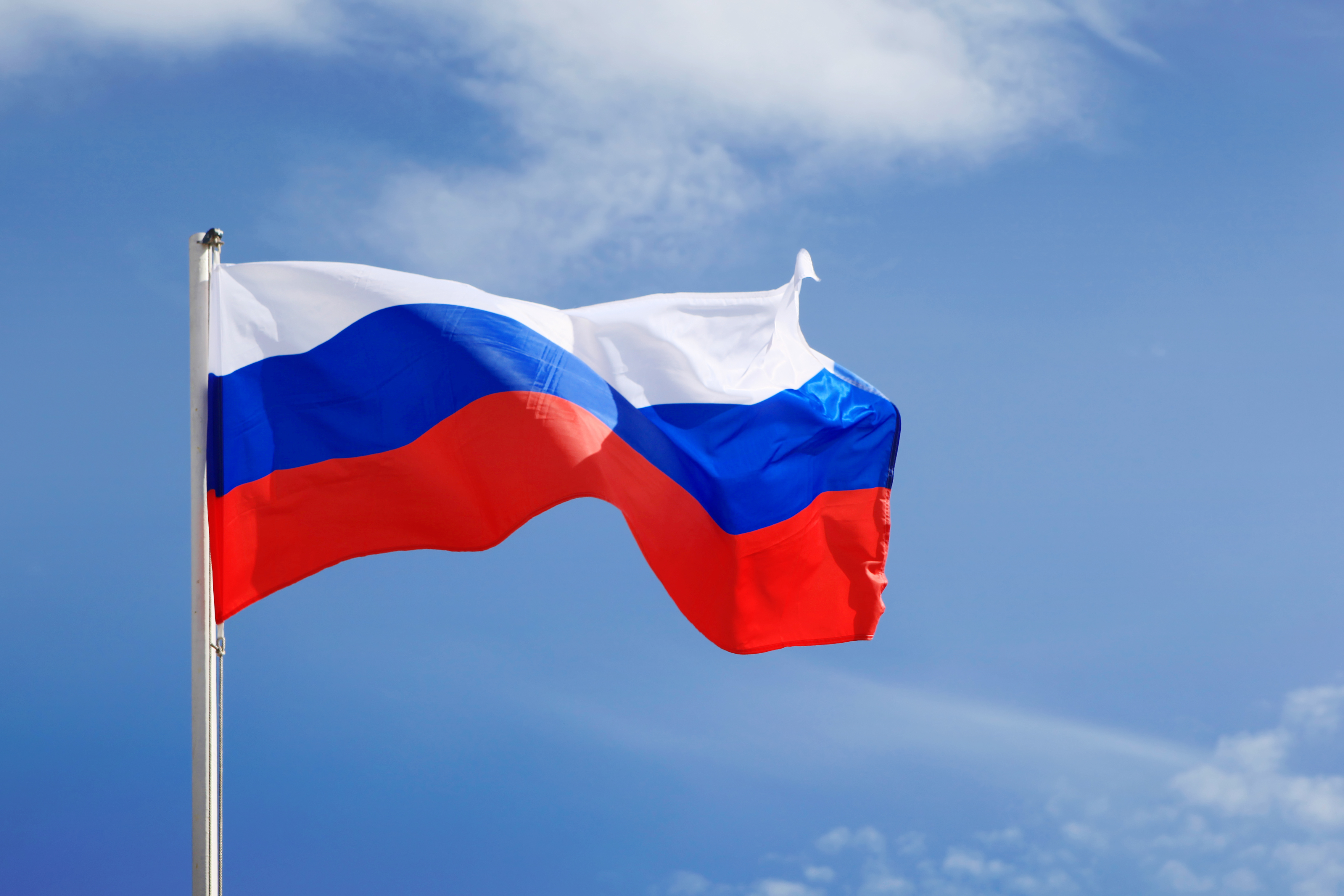Norwegian intelligence report: Arctic important to Russia, but not a top priority

Each year since 2002, Russia has gone to great lengths to establish Camp Barneo, a temporary base built on an ice floe as close to the North Pole as possible. Ostensibly, the point of the effort is to conduct scientific and military operations, as well as to earn hard cash by hosting tourists. The past few years, just as much effort has been put into making the maneuver as controversial as possible.
Most worrisome was the 2015 stunt, which saw Dmitry Rogozin drop in for a visit. Rogozin holds a number of titles: officially, he is deputy prime minister in charge of the defense industry and head of the Russian Arctic Commission. Unofficially, he was the brains behind Moscow’s annexation of Crimea.
For precisely this reason, Rogozin, during a row with Oslo that emerged at the time over his unannounced transit through Svalbard, a Norwegian-controlled territory that sanctions bar him from entering, knew the sort of reaction he would elicit when he sent out a tweet hinting that Moscow had similar plans for the Arctic.
Last year, to Oslo’s relief, Rogozin stayed away, but Moscow made sure the media paid attention to its presence there by bringing along Chechen paratroopers.
This year, getting there will be more of a challenge: After Norway temporarily grounded flights from Svalbard last year, it is expected the 2017 mission will embark from a Russian base. But the goal, and very likely the strategy, will be the same, reckons E-tjenesten, the Norwegian military-intelligence agency.
“2017 will see the base used as a symbol-laden arena for asserting Russia’s role as the leading Arctic power militarily as well as in terms of tourism and research,” the service writes in Fokus 2017, the latest edition of its national threat assessment. (The report is currently is available in Norwegian only, though in past years, an English translation has followed.)
Russia is one of three primary concerns for Norway’s spies (echoing other countries’ threat-assessments, the others are cybercrime and terrorism from militant Islamists), and Fokus 2017 provides an analysis of the Kremlin’s doings abroad as well as at home.
While Russian activities in the Arctic is the main area of concern for Oslo, it is further down on Moscow’s list, the report concludes.
“Russia’s primary foreign-policy goal continues to be to strengthen control over former Soviet republics, with Ukraine having priority.”
Nevertheless, the Arctic is of “particular” interest in Moscow, given the natural resources the region contains and its military significance.
“This has led to increased military activity in the North. Primarily, this is defensive in nature, aimed at repelling threats to its northern region. At the same time, there is increased capacity to limit Norwegian and allied ability to operate in the Norwegian Sea, the Baltic Sea, the North Atlantic and the Black Sea.”
Despite Russian interest in exerting increased control over its Arctic territory, E-tjenesten expects that economic constraints mean it will have trouble completing many of the projects Moscow considers important.
“To compensate for the lack of progress in its long-term establishment, there will be an increase in the number of high-profile events that have major media appeal,” the report states.
Writing in his introduction to the report, Lieutenant General Morten Haga Lunde, the head of E-tjenesten, underscores that its point is to help decision-makers better understand how Norway’s national security was affected by global developments.
When it came to Russia specifically, in today’s security climate, he writes, “isolated incidents can have serious repercussions that none of the parties involved either want nor need.”